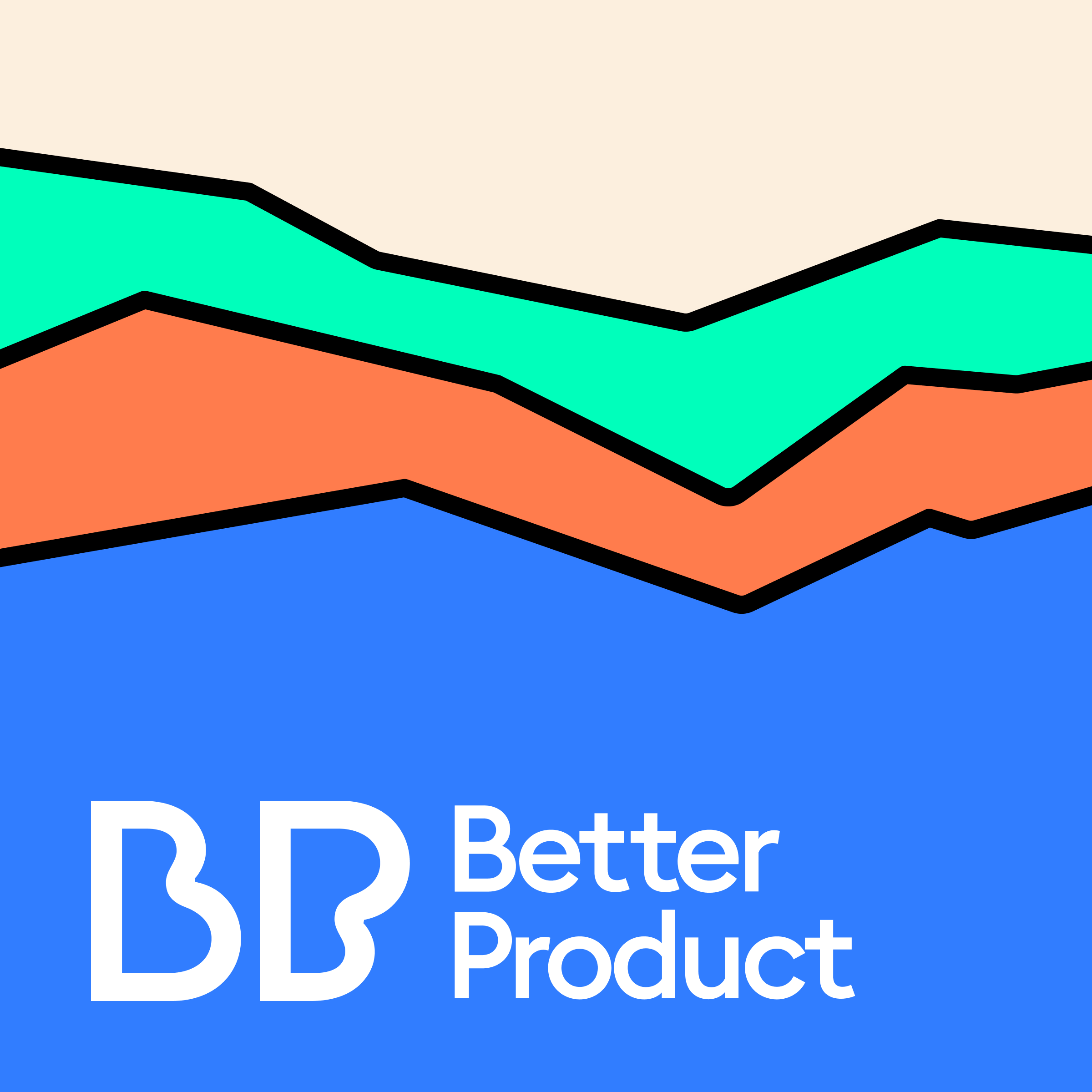
Product Goes Public With Justin Bauer, Amplitude Analytics

2021 was the year cookies died, and the year the public started paying more attention to how their data was being used online. These movements also introduced new considerations for product leaders who rely on data to make their digital products better and informed by users. Take it from Justin Bauer, senior vice president of product for Amplitude Analytics. Amplitude went public this fall after expanding as the leading data analytics tool for product managers at GoFundMe, Intuit, and others. Justin shares more about Amplitude’s growth path and how it’s helping product managers find “insight to action” opportunities.
Listen to Justin’s first appearance on Better Product from 2019.
Follow us on LinkedIn and Twitter to see the latest in Better Product, a show part of the Better Product Community powered by Innovatemap. The community is the connection point for product leaders & practitioners to learn and share what it takes to design, build, market, and share better products. Learn more at betterproduct. community.
Takeaways
- The public understanding of data analytics in product is shifting.
- Great products harness an “insight to action” loop through data.
- “Data alone should not dictate decisions.”
Things To Listen For
- [1:20] Amplitude’s experience going public
- [3:20] Contextualizing Amplitude’s IPO in the company’s long-term growth
- [5:30] Exploring Amplitude’s core services to product leaders
- [7:30] Why Amplitude focuses on supporting product managers
- [8:30] Why it’s important to balance product vision with evolving customer needs
- [9:30] Why successful products depend on partnering with customers
- [10:00] Exploring Amplitude’s growth as a company
- [11:00] How Amplitude’s services have expanded beyond “product analytics”
- [13:00] What to understand about the “insight to action” loop in product
- [13:40] Need an analogy? Christian looks at analytics through pro basketball
- [15:00] Why Justin believes “data alone should not dictate every decision”
- [17:30] Unpacking the ethical considerations Amplitude makes about data
- [18:20] Defining first-party data vs. third-party data
- [20:00] Why users and analytics tools should promote the “right to be forgotten”
- [24:30] What new products Amplitude hopes to introduce to its offerings



